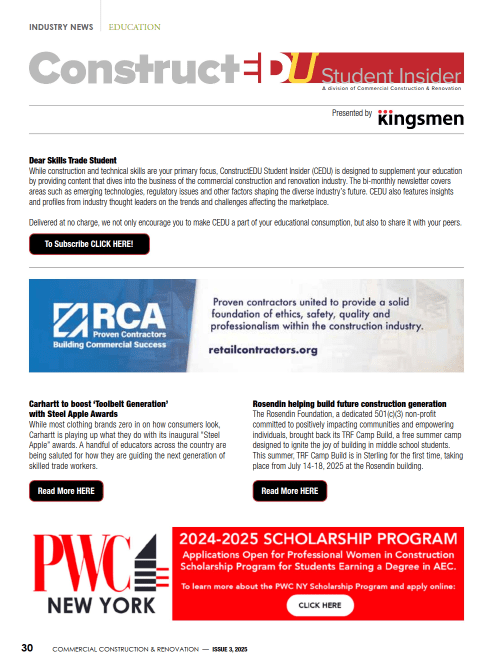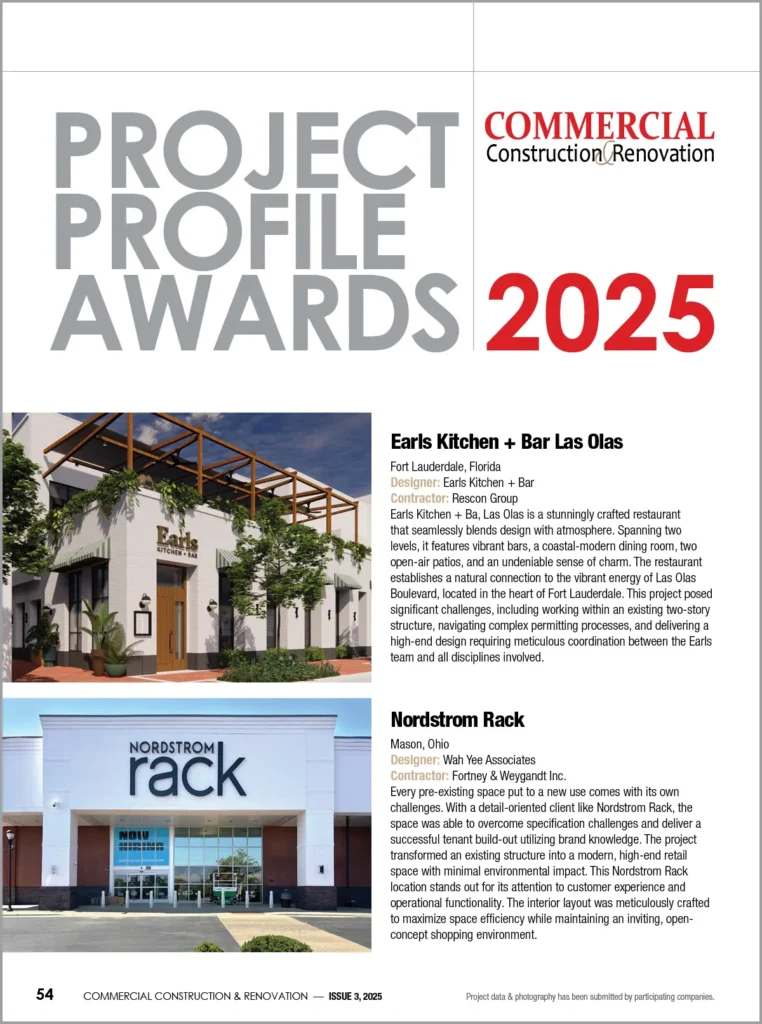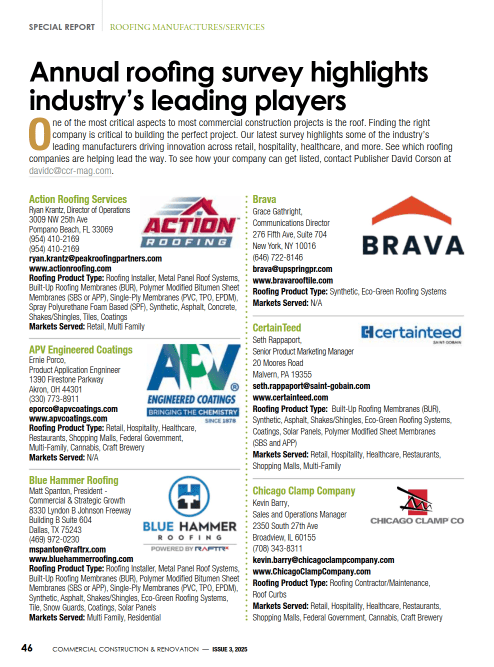Boiler technology has come a long way in a short amount of time, and many commercial buildings are still being operated by outdated systems. Simply put, a boiler system installed just 10 years ago isn’t taking advantage of significant advances from the industry.
Building owners and operators are always looking for the best systems for their operations and bottom line. Propane boilers can offer value in commercial building applications by serving both space heating and hot water needs with efficiency, reliability, and versatility.
Upgrading to modern propane boilers can have an immediate impact in commercial buildings — in both retrofit and new-construction applications — offering improved efficiency, lower energy costs, reduced emissions, and greater occupant comfort.
- High-efficiency propane boilers help reduce energy consumption.
According to the International Energy Agency (IEA), building and building construction sectors are responsible for more than one third of global final energy consumption — and they expect the energy demand from buildings and building construction to continue to rise. Because of this, many building owners and operators are looking for energy-efficient solutions. By incorporating propane-powered systems into projects, commercial construction professionals can help building owners maximize efficiency.
Commercial propane boilers can be categorized as either condensing or non-condensing types, with condensing units having higher efficiency ratings. Modern propane boilers have a range of efficiencies and heating capacities to support many commercial building applications, with inputs reaching as high as 8,660,000 Btu/h. Plus, multiple boilers can be banked together for larger system capacities.
Propane boilers that qualify for Energy Star ratings have AFUE ratings of 90 percent or greater, making them at least 11 percent more efficient than minimum-efficiency models. Further, systems that qualify for Energy Star’s Most Efficient label have AFUE ratings of 95 percent of greater, which can save at least 15 percent on energy costs over a minimum-efficiency boiler. These energy savings come not just from the improved efficiency of the equipment, but also from modern boilers’ modulating capabilities, which allow boilers to adjust their output rate. Older boilers, on the other hand, essentially operate at one speed — either full-fire or off completely.
The space savings that can be achieved with high-efficiency propane boilers is an important advantage in new construction applications, too. For most commercial building projects, saving square feet translates to saving money.
- Propane boilers are environmentally friendly.
Many building owners and operators are facing pressure to adopt green practices and reduce their carbon footprint. This is, in part, due to the fact that the building and buildings construction sectors are responsible for nearly 40 percent of total direct and indirect carbon emissions, according to the IEA. Fortunately, modern propane boilers can offer a clean, sustainable solution.
High-efficiency propane boilers deliver major environmental benefits compared with other options, like heating oil. This is because propane combustion is cleaner than heating oil, which results in lower carbon emissions. For example, a Maine YMCA facility reduced its carbon emissions by 183,000 pounds per year after switching from heating oil to propane for its space and water heating. In more tangible terms, this reduction is the equivalent of taking 17 gasoline-fueled cars off the road every year. If the YMCA had been forced to turn to electricity for the project, it would have closed it’s doors.
- Modern propane boilers are equipped with valuable heating intelligence.
Some manufacturers, like Intellihot, are developing high-tech boiler technology. The manufacturer’s propane water heating systems are designed for cascading operation, meaning they can ramp up or down to meet variable demand.
Their larger units feature built-in redundancy, which use multiple independent heat engines that operate as an integrated system. If any of the modules experience a malfunction or need service during operation, the remaining modules will continue to operate. This approach allows building owners to avoid the expense of installing redundant boilers and storage tanks while matching fuel consumption to actual demand.
Take time now, while you are evaluating the future of your building, to consider an upgrade of the boiler system. It’s always cheaper and easier to have a planned upgrade than to deal with an emergency replacement.
To learn more about the benefits of propane boilers, visit Propane.com/Furnaces-Boilers.
Bryan Cordill is the director of residential and commercial business development at the Propane Education & Research Council. He can be reached at [email protected].
#propane
#propanefurnacesandboilers































